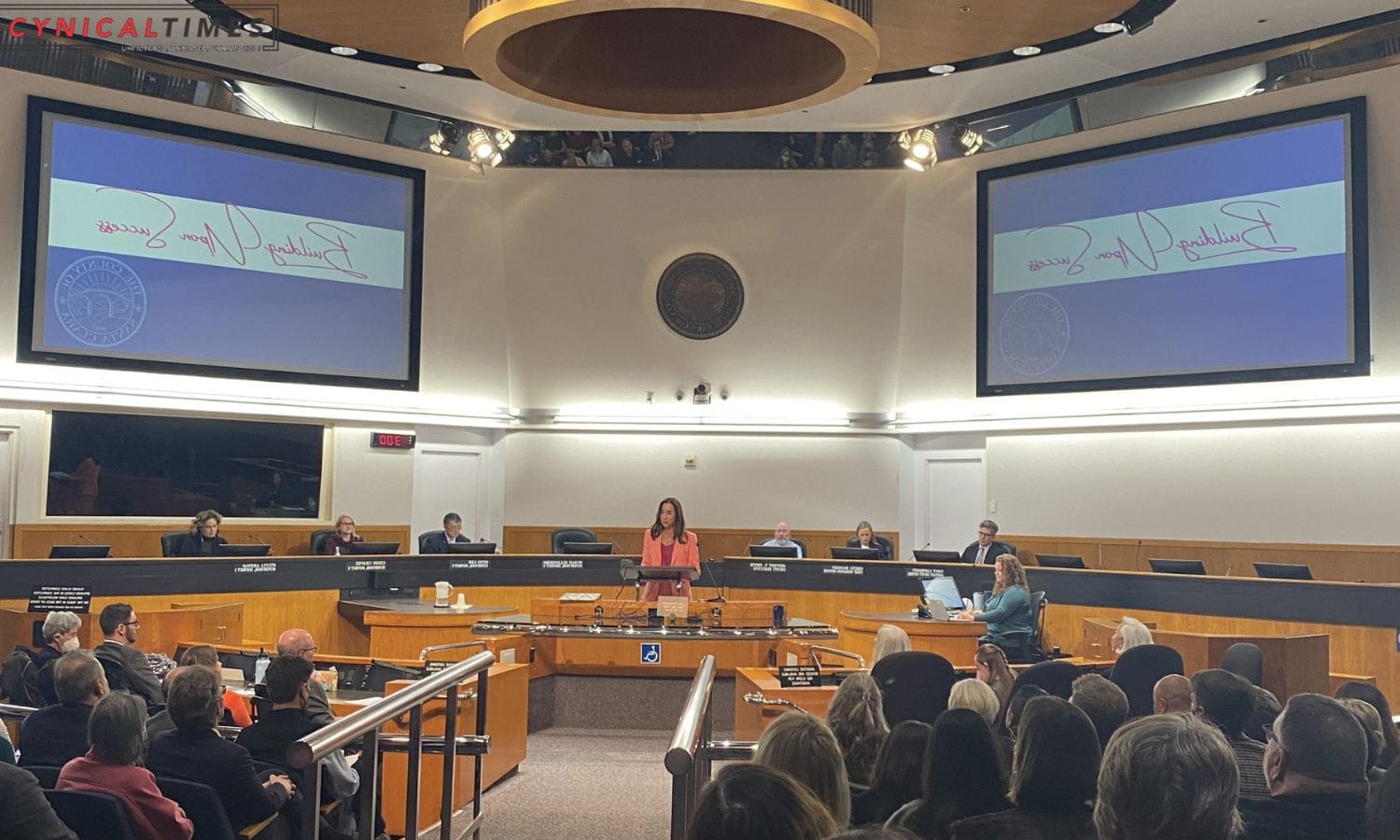Santa Clara County Mental Health Odyssey: Santa Clara County is embarking on the challenging task of implementing new conservatorship rules for individuals struggling with severe mental illness and substance use disorders. The process, mandated by Senate Bill 43, presents a complicated and costly endeavor for the county, with potential implications for its budget.
The Board of Supervisors unanimously approved the establishment of a timeline to incorporate changes outlined in SB 43, a state law signed by Governor Gavin Newsom in October. The law expands the definition of “gravely disabled” under the existing Lanterman Petris Short conservatorship but comes with no state funding. Santa Clara County, already facing a potential $158 million deficit in the 2024-25 fiscal year, will need to redirect funds from its general budget to meet the requirements of SB 43.
The statute expanded “gravely disabled,” to include serious mental illness, inability to manage medical care and personal safety, and substance use disorders, effective January 1. Some legislation changes can be made at the start of the year, but all must be made by January 2026.
One significant challenge lies in the need for locked facilities for individuals with substance use disorders, as SB 43 mandates their involuntary placement in such facilities. However, existing facilities are primarily geared toward voluntary admissions, creating a gap in the system. New facilities must be developed to support the increase in Lanterman Petris Short conservatorships.


Also Read: San Jose Real Estate Buzz: New Owners Embrace Spacious Charm
The county also faces the task of ensuring that CARE Court and Assisted Outpatient Treatment options are considered before opting for conservatorship. Additionally, public guardians must prove that medical records come from a health practitioner, and there are heightened reporting requirements for behavioral health and Lanterman Petris Short facilities.
The implementation of SB 43 follows the CARE Act, scheduled for implementation on December 1, 2024, further intensifying the demands on the county. The combined requirements of these laws necessitate a significant expansion in the number of beds, construction of new facilities, retraining of staff, and the implementation of new policies and procedures for hospital staff, public guardians, and law enforcement.
Despite the challenges, the Board of Supervisors emphasized the importance of mental health reform and the commitment to providing appropriate care for individuals with severe mental illness and substance use disorders. However, the lack of state funding and potential impacts on the general budget underscore the complexity of navigating these critical changes. The county’s mental health reform journey is seen as a vital step in addressing the multifaceted needs of the community.

